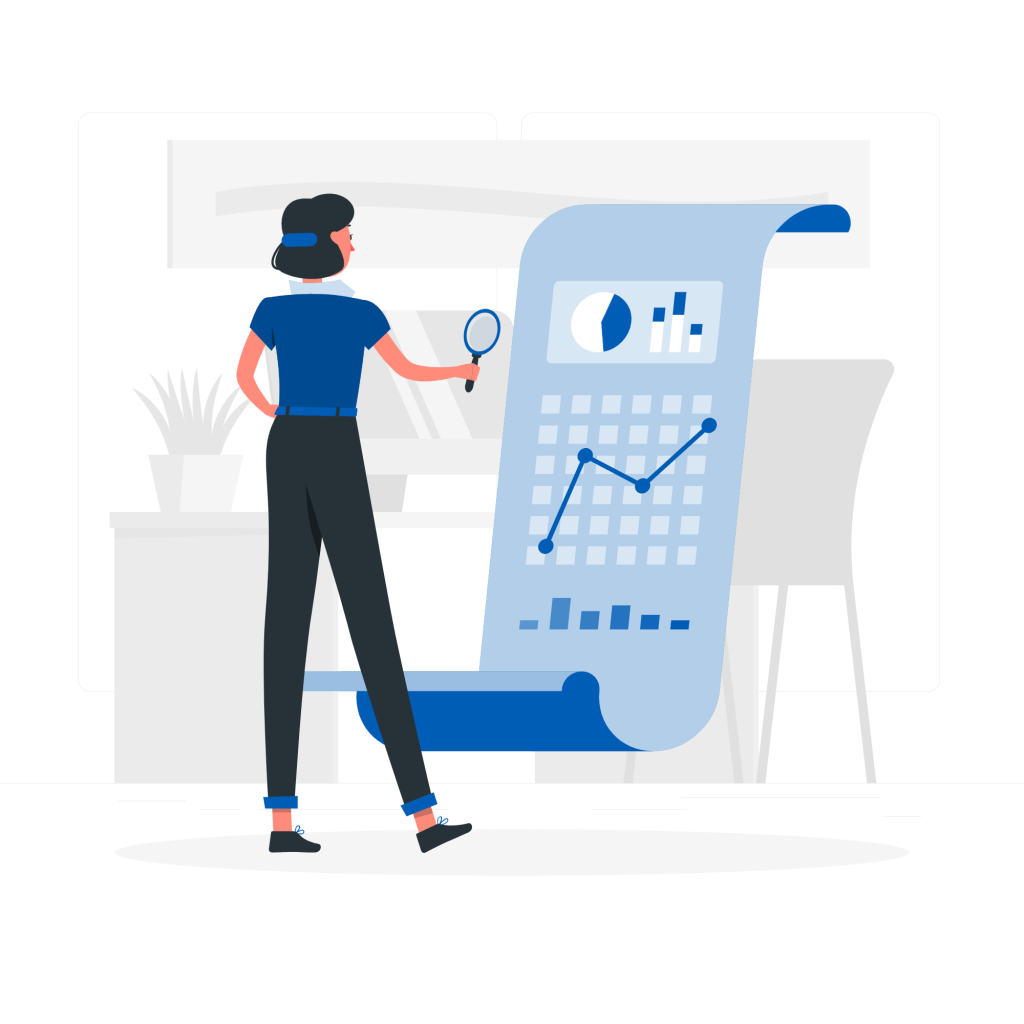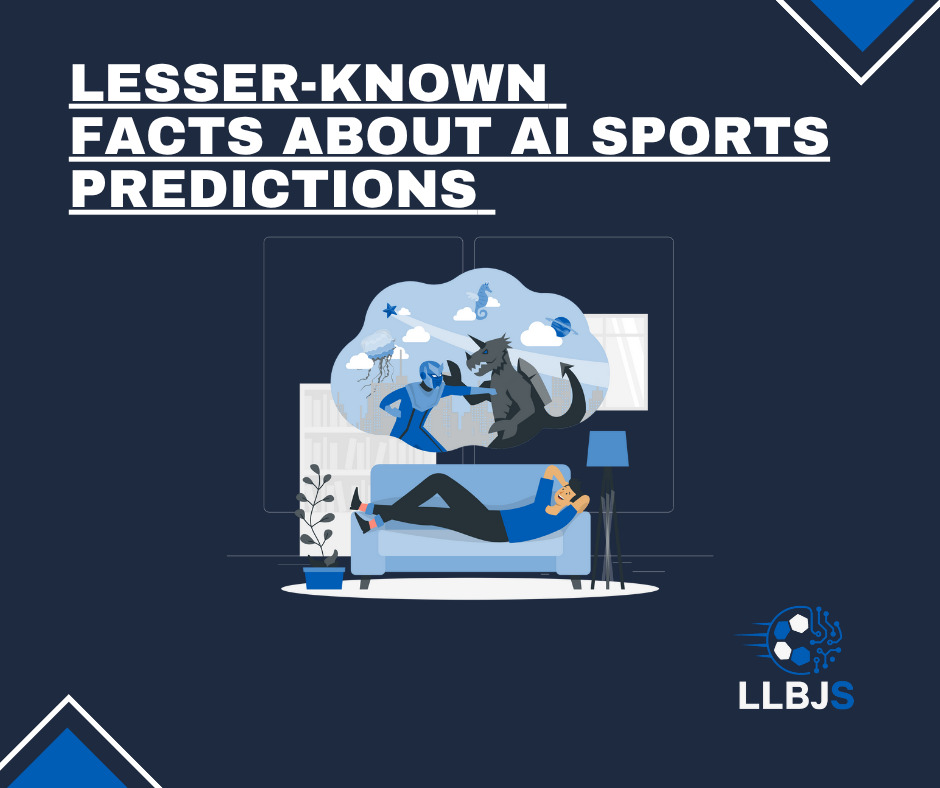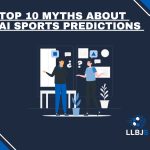Fact #1: AI Predictions Can Be “Subjective”?

Most people assume AI is 100% objective, but did you know that the objectivity of AI actually depends on the quality and completeness of the input data?
If the input data is biased or incomplete (for example, if injury updates for a team are missing or a game has unique conditions), the AI will base its decision on this flawed data, potentially leading to what looks like a “subjective” error.
In short, even if AI appears precise, it can only be truly accurate when fed with clean, complete data. That’s why the most troublesome part of AI isn’t the algorithm—it’s data preparation and organization.
Fact #2: AI Isn’t About Picking Sides—It’s About Picking Timing
Most bettors think AI is used to “predict who will win.” But the more advanced users actually use AI to time their bets, not pick sides.
For example, at Yuuwin, we have a bot that focuses purely on odds and line movement trends during certain timeframes. Its role isn’t to judge which team will win—it’s to identify when the market is overreacting, thereby creating value betting opportunities.

This is just like technical analysis in stock trading—it’s not about being right every time, but about finding the sweet spot where price meets probability and the risk-reward ratio is optimal. These bots may not have high win rates, but they’re far more stable long-term than traditional prediction bots.
And this, to me, is where AI truly changes the logic of betting.
Fact #3: AI Knows What Other Bettors Are Doing Better Than You Do

Here’s something most people never consider—AI isn’t just analyzing the match, it’s analyzing market sentiment and bettor behavior.
Building on the previous point, some AI models on Yuuwin don’t focus on team strength or recent form. Instead, they’re designed to detect irregular betting patterns.
For instance, imagine the odds on a home favorite drop from 1.90 to 1.75 in a short time. What does that really mean? Many assume it simply reflects a large amount of money flowing in. But anyone with sports trading desk experience knows that money alone doesn’t cause dramatic line shifts. It’s about who is betting, what platform moved first, whether the bets are on the favorite or underdog, how long the adjustment took, and how the market reacts afterward—those are the real clues.
Put simply, I believe the most powerful AI doesn’t just predict outcomes—it reads bettor behavior patterns, almost like a form of mind reading. This is similar to the retail investor long/short ratio in the stock market. When the market is too hot or too cold, AI won’t blindly follow trends. The more information you feed it, the better it can guide you toward long-term winning strategies.
Fact #4: Advanced AI Can Act as a “Sentiment Radar” in the Betting Market
Traditionally, people think of betting as a one-on-one battle against the bookmaker. But personally, I see the bookmaker as a friend, and the real opponent is the market as a whole.
After all, everyone’s goal is to beat the bookmaker and win money. But where does the bookmaker’s money come from? Mostly from other bettors.

So how you use AI becomes crucial. Most platforms focus on prediction accuracy—essentially trying to outsmart the bookie. But like I’ve said, you have AI, and so do they. Their AI is probably better—built by MIT grads with more resources than you.
That’s why I don’t see AI as an offensive weapon, but rather a submarine with radar—one that can detect emotional shifts and hot betting zones in murky markets. I won’t go into too much detail here (since it’s something my team is actively working on), but I’m putting this idea out there for those who want to dig deeper.
Fact #5: AI Doesn’t Just See “This Match”—It Sees “This Pattern”
Many people use AI thinking: “Will I win this match today?” or “Is this team worth betting on?”—but that’s not where AI truly shines.
AI’s real strength lies not in winning one match, but in identifying structural opportunities across similar types of games.
As I often say: “Experts don’t fear losing one game—they fear missing patterns.”
What AI does best is comb through tens of thousands of past games, identify recurring traits, and spot situations where the market has historically underestimated certain outcomes.
For example:
- Are certain types of matches more likely to produce upsets?
- Do some leagues have unusually high upset rates midweek?
These are not things a human brain can quickly identify—but AI can observe, model, and eventually help you discover asymmetrical opportunities the market hasn’t priced correctly.

In short: if AI only helps you win one bet, it’s just a tool. But if it helps you understand how the entire market operates, then it’s a weapon.That’s why I believe the real winners in the future won’t be those who are right on every match—but those who can use AI to see the deeper logic behind the betting market.




